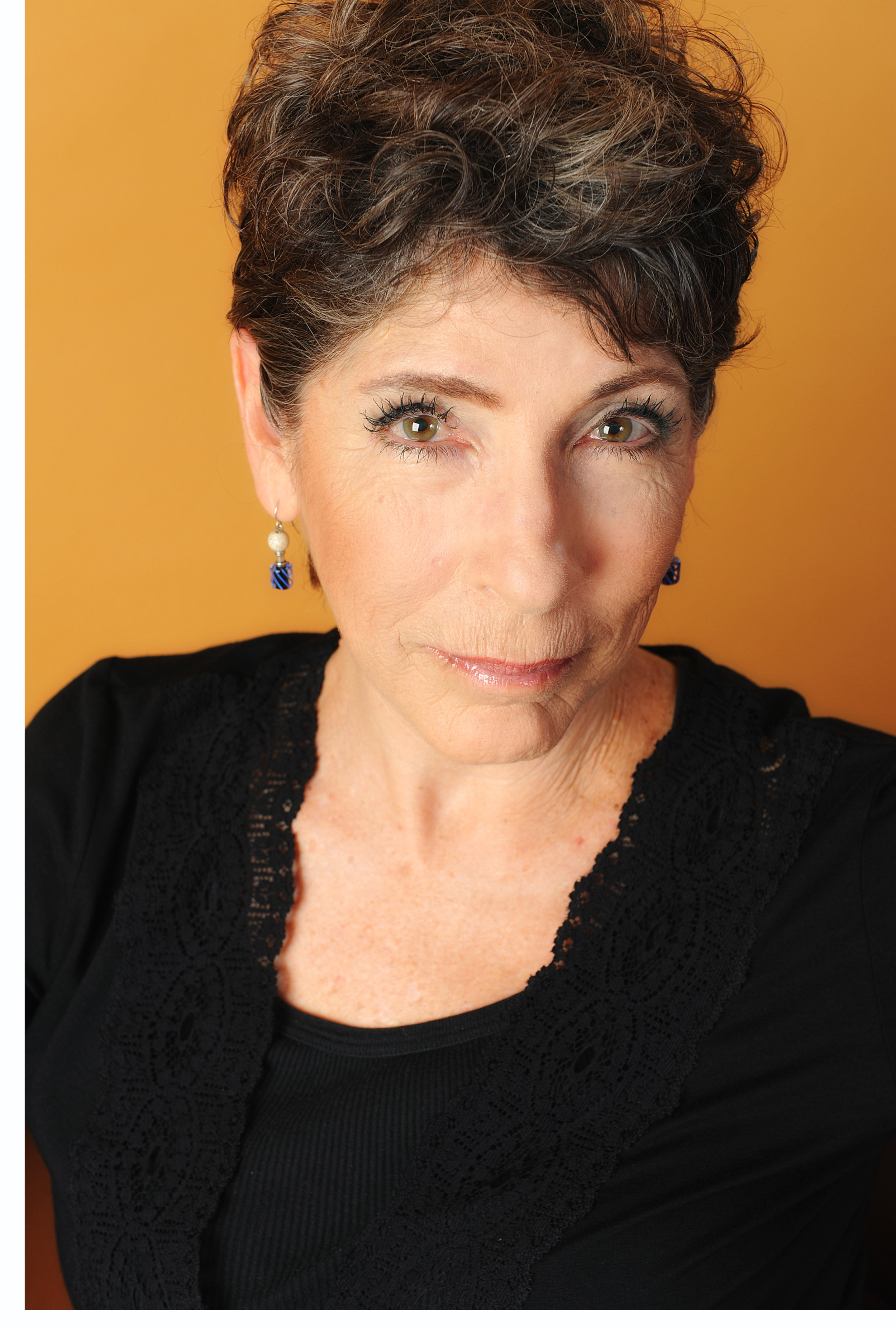I Write About Smells
I am away from my desk this week, and so the blogging duties will be handled by novelist, essayist, and all-around swell person Joan Frank.

Over glasses of prosecco, a striking young Italian woman who works for the Semester Abroad program here in Florence told me she has a degree in linguistics, and reads hungrily in both English and Italian. Then she told me that she also writes.
I leaned forward, automatically on alert. What, I asked, do you write about?
Her brown-black eyes glowed as though she were confiding a treasured secret.
Smells, she said.
I nearly gasped aloud, enthralled.
She couldn’t know I was already among the converted.
Almost no other sense conveyed in writing (to my thinking) can accomplish so much so fast, so powerfully. But until meeting Marta, I’d never heard any writer confess that smell and smell alone was what she was after. (Academic papers may focus on it—but that’s a different world.)
Proust was onto this magic rabbit hole with his madeleine revelation, when the scent of the shell-shaped, cakelike treat dipped into a cup of tea woke his young protagonist’s memory, as if by hypnotic time travel, to the epic, detailed retrieval of the entire life of his childhood.
Smell’s what informs us before consciousness or words: as infants, alongside warmth, fullness, and other sensual comforts; the smell of mother, father, and the extending world, a potent, deep, yet consciously unnoted element of the universe we grow up in. Capturing the olfactory perception, for me as a writer, is one of my most precious tools, driving much of my work.
As a daily exercise, I try to describe to myself—as freshly and accurately as possible—what particular events, objects, or situations smell like. And I never forget excellent literary descriptions of smells. (Ursula Hegi once compared something to the smell of “wet stones.”) I heartily recommend writers seize this much-neglected tool, and work it like mad. Nothing else, to me, places readers so quickly, so deftly and richly, inside the world of a story.
Alas—before I could ask Marta more, the aperitivo part of the evening was over, and the gathered group had to split up. But when I see her next I’ll ask to read what she has written.
Greedily, I want to see what I may have missed.
Joan Frank is the author of the novel Make it Stay, the short story collection In Envy Country, and, most recently, Because We Have To: A Writing Life. Visit her at joanfrank.org.
